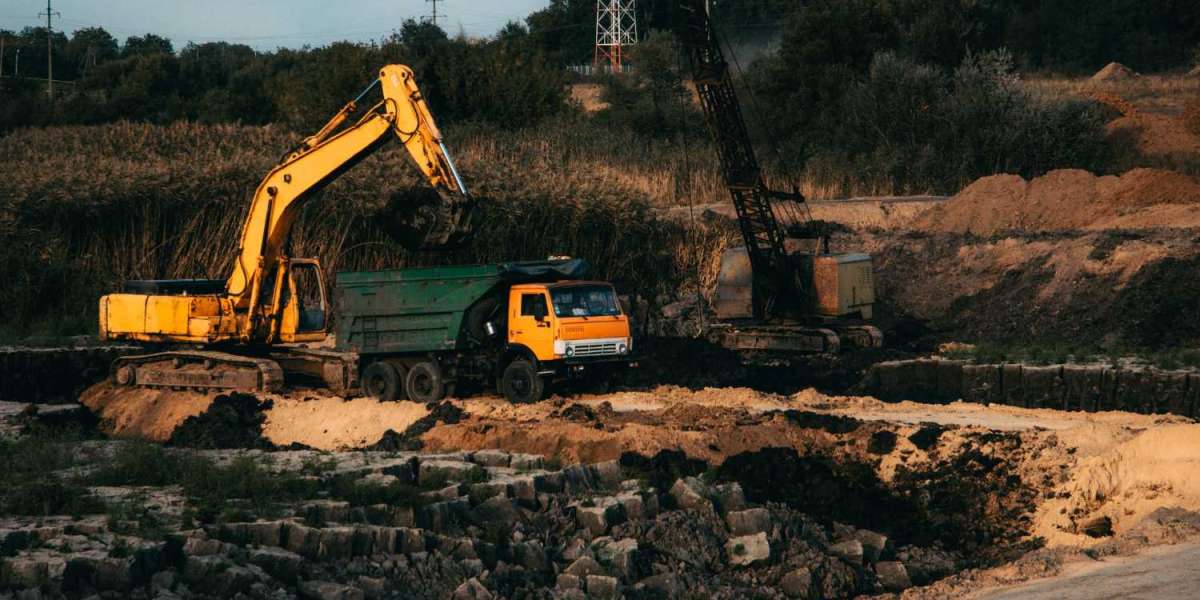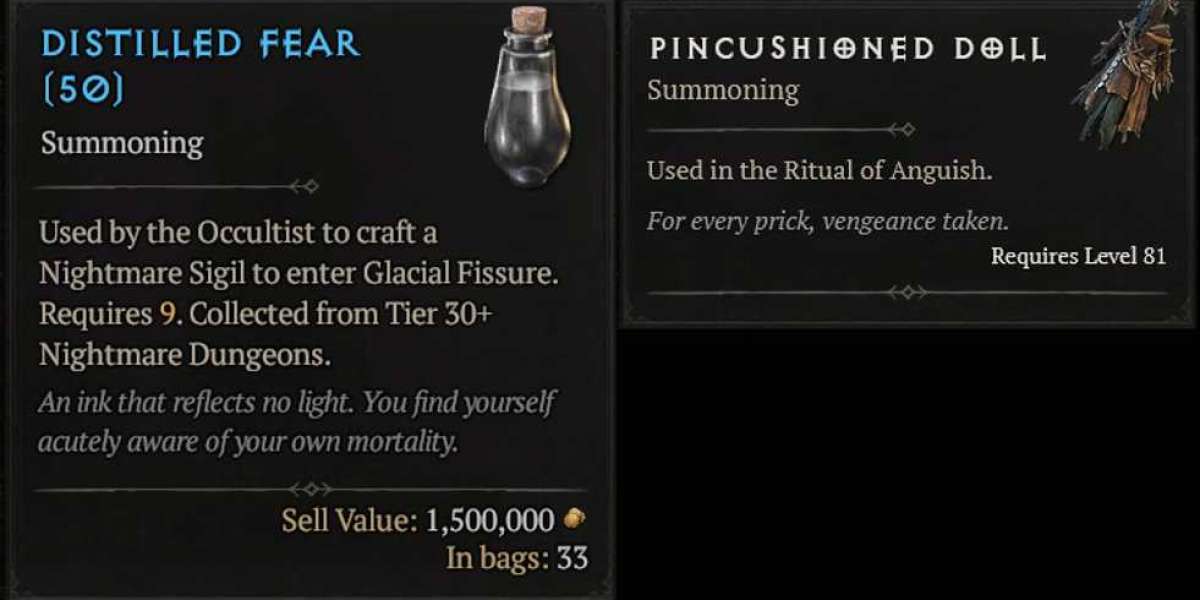Tunnels play a crucial role in modern infrastructure, providing efficient transportation networks, access to underground resources, and solutions to urban congestion. As the demand for these vital structures continues to grow, the construction industry has sought innovative techniques to enhance their safety, durability, and cost-effectiveness. One such innovation is the use of sprayed concrete for tunnel, also known as shotcrete, in tunnel construction.
Sprayed concrete, or shotcrete, is a versatile material that has gained widespread popularity in the world of tunnel engineering. This specialized concrete mixture is pneumatically projected onto a surface, allowing for precise application and rapid hardening. The advantages of using sprayed concrete in tunnel construction are numerous, making it an increasingly attractive choice for infrastructure projects across South Africa.
Understanding Shotcrete and Its Advantages
Shotcrete is a specialized form of concrete that is applied using a high-velocity spray technique. This process involves the pneumatic conveyance of a dry or wet concrete mixture through a hose, which is then projected onto the desired surface. The high-speed application allows the concrete to adhere to the surface, creating a strong and durable lining for tunnels and other underground structures.
One of the primary advantages of shotcrete is its versatility. It can be used in a wide range of tunnel construction and repair applications, from initial support and stabilization to final lining and waterproofing. Shotcrete's ability to be applied in a controlled and precise manner makes it ideal for complex or irregular tunnel geometries, where traditional concrete placement methods may be challenging or ineffective.
Benefits of Using Sprayed Concrete in Tunnel Construction
The use of sprayed concrete in tunnel construction offers numerous benefits that have made it an increasingly popular choice for infrastructure projects in South Africa and around the world. Some of the key advantages include:
- Rapid Application: Shotcrete can be applied quickly, allowing for faster construction timelines and reduced disruption to ongoing operations.
- Improved Safety: The controlled application of shotcrete reduces the risk of worker exposure to hazardous materials and environments, enhancing overall site safety.
- Enhanced Durability: Shotcrete's strong adhesion to the tunnel surface and resistance to cracking and weathering contribute to the long-term durability of the structure.
- Reduced Maintenance: The smooth, uniform surface of shotcrete linings requires less maintenance compared to traditional concrete, leading to lower long-term costs.
- Adaptability: Shotcrete can be tailored to specific project requirements, such as varying strength, thickness, or mix designs, making it a highly versatile solution.
- Cost-Effectiveness: The efficient application and reduced material waste associated with shotcrete can result in significant cost savings for tunnel construction projects.
Shotcrete Services in South Africa: An Overview
South Africa has a well-established and experienced shotcrete industry, with numerous service providers offering specialized expertise in the application of sprayed concrete for tunnel construction and other infrastructure projects. These companies employ the latest technologies and techniques to deliver high-quality shotcrete solutions that meet the unique demands of the South African construction landscape.
Shotcrete service South Africa offer a range of services, including:
- Shotcrete Application: Skilled crews that can apply shotcrete using wet or dry mix methods, depending on the project requirements.
- Structural Design: Engineering support to ensure the shotcrete lining is designed to withstand the expected loads and stresses in the tunnel environment.
- Material Sourcing: Access to high-quality concrete materials and admixtures to create customized shotcrete mixes.
- Quality Control: Comprehensive testing and monitoring to ensure the shotcrete meets or exceeds industry standards for strength, durability, and performance.
- Project Management: Turnkey solutions that include planning, scheduling, and coordination of all shotcrete-related activities.
Factors to Consider When Choosing a Shotcrete Service Provider
When selecting a shotcrete service provider for your tunnel construction project in South Africa, it's important to consider several key factors to ensure you get the best possible outcome. These include:
- Experience and Expertise: Look for a provider with a proven track record of successful shotcrete applications in similar tunnel projects, as well as a team of skilled technicians and engineers.
- Equipment and Technology: Ensure the service provider has access to the latest shotcrete application equipment and technology to optimize the quality and efficiency of the work.
- Quality Control Processes: Evaluate the provider's quality control procedures, including materials testing, application monitoring, and compliance with industry standards.
- Project Management Capabilities: Assess the provider's ability to coordinate all shotcrete-related activities, from planning and scheduling to on-site execution and safety management.
- Reputation and References: Seek out providers with a strong reputation in the industry and positive references from past clients.
Case Studies of Successful Tunnel Projects Using Sprayed Concrete in South Africa
South Africa has witnessed the successful application of shotcrete in numerous tunnel construction projects, showcasing the material's versatility and effectiveness. Here are a few case studies that highlight the advantages of using sprayed concrete in the South African context:
- Gautrain Rapid Rail Project: The Gautrain project, a high-speed rail network in Gauteng, utilized shotcrete extensively for the construction of its underground tunnels. The fast-paced application and superior durability of the shotcrete lining contributed to the project's on-time and on-budget completion.
- Lesotho Highlands Water Project: This ambitious water transfer scheme, which includes several large-scale tunnels, relied on shotcrete for the initial support and final lining of the underground structures. The adaptability of the material allowed for seamless integration with the project's unique geological conditions.
- Kusile Power Station Cooling Water Tunnel: The construction of the cooling water tunnel for the Kusile Power Station involved the use of shotcrete to create a robust and waterproof lining, ensuring the long-term integrity of this critical infrastructure.
These case studies demonstrate the versatility and effectiveness of shotcrete in addressing the challenges of tunnel construction in South Africa, paving the way for future infrastructure projects to benefit from this innovative technology.
The Future of Sprayed Concrete Technology in Tunnel Construction
As the demand for tunnels and underground infrastructure continues to grow in South Africa, the role of sprayed concrete technology is poised to become increasingly significant. Ongoing advancements in shotcrete materials, application techniques, and monitoring systems are expected to further enhance the performance and cost-effectiveness of this construction method.
Some of the emerging trends in the use of sprayed concrete for tunnel construction include:
- Increased Automation: The integration of robotic and automated systems for shotcrete application, improving the speed, precision, and safety of the process.
- Sustainable Concrete Mixes: The development of more environmentally friendly shotcrete formulations, incorporating recycled materials and low-carbon cement alternatives.
- Enhanced Monitoring and Quality Control: The use of advanced sensors and data analytics to continuously monitor the performance of shotcrete linings, enabling proactive maintenance and repair strategies.
- Specialized Applications: The adaptation of shotcrete technology for unique tunnel construction challenges, such as high-stress environments, water infiltration, and complex geometries.
As the South African construction industry continues to embrace these advancements, the future of sprayed concrete in tunnel projects looks increasingly bright, promising greater efficiency, reliability, and sustainability for the country's critical infrastructure.
Comparison of Shotcrete Services in South Africa
The South African shotcrete services market is characterized by a diverse range of providers, each offering unique capabilities and specializations. To help you navigate this landscape, consider the following comparative factors:
Service Provider | Expertise | Equipment Technology | Quality Control | Project Management |
ABC Shotcrete | Extensive experience in tunnel projects, specialized in wet-mix application | State-of-the-art spraying equipment, advanced material testing lab | Rigorous testing and monitoring, ISO-certified | Dedicated project management team, strong safety record |
XYZ Shotcrete | Specialized in dry-mix shotcrete, focus on complex tunnel geometries | Innovative robotic spraying systems, continuous quality monitoring | Comprehensive quality assurance program, BEE-compliant | Experienced in coordinating multi-stakeholder projects |
Shotcrete South | Broad range of shotcrete services, including design and consulting | Versatile equipment for wet and dry-mix application, in-house materials lab | Dedicated quality control team, compliance with SANS standards | Turnkey solutions, strong safety and environmental management |
When selecting a shotcrete service provider for your tunnel construction project in South Africa, carefully evaluate each option based on your specific requirements, project scope, and desired outcomes.
Tips for Selecting the Right Shotcrete Service Provider
To ensure you choose the most suitable shotcrete service provider for your tunnel construction project in South Africa, consider the following tips:
- Clearly Define Your Project Requirements: Carefully assess the unique needs and challenges of your tunnel project, and communicate these requirements to prospective service providers.
- Evaluate Technical Capabilities: Assess the provider's expertise in shotcrete application, materials, and quality control processes to ensure they can deliver the desired performance.
- Prioritize Safety and Environmental Compliance: Look for a provider with a strong track record of safety and a commitment to sustainable practices.
- Assess Project Management Expertise: Evaluate the provider's ability to coordinate all aspects of the shotcrete application, from planning to execution and monitoring.
- Consider Cost-Effectiveness: While quality should be the primary focus, also consider the overall cost-effectiveness of the provider's services.
- Seek References and Case Studies: Request references from past clients and review case studies of similar tunnel projects to gauge the provider's track record of success.
- Establish Clear Communication and Collaboration: Choose a provider that demonstrates a willingness to work closely with you throughout the project, ensuring transparency and timely problem-solving.
By following these tips, you can confidently select the right shotcrete service provider to support your tunnel construction project in South Africa, leveraging the many advantages of this innovative construction technology.
Conclusion: The Importance of Sprayed Concrete for Tunnel Construction in South Africa
Sprayed concrete, or shotcrete, has emerged as a game-changing technology in the world of tunnel construction, and its impact is particularly evident in South Africa. With its rapid application, enhanced durability, and cost-effectiveness, shotcrete has become an increasingly valuable tool for infrastructure projects across the country.








